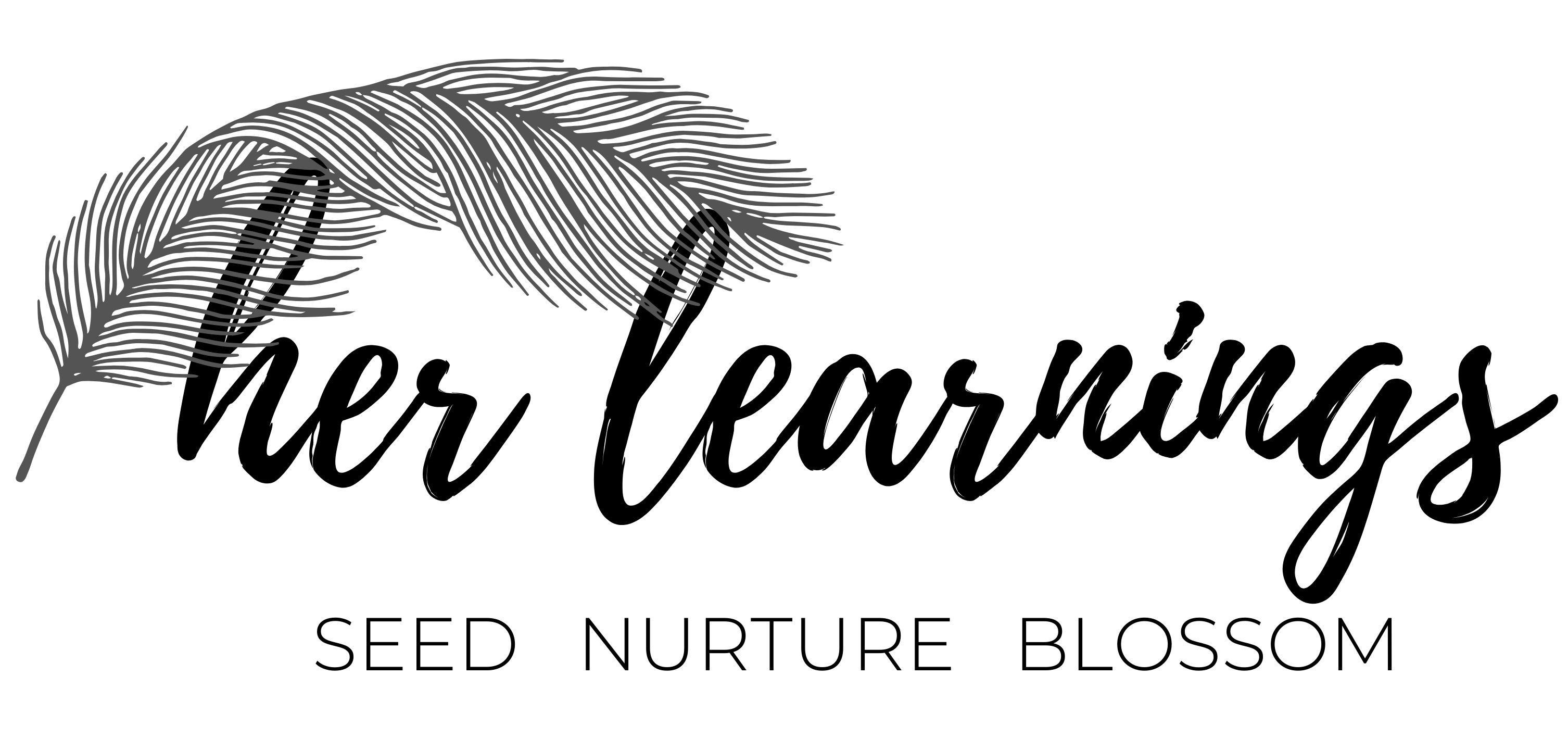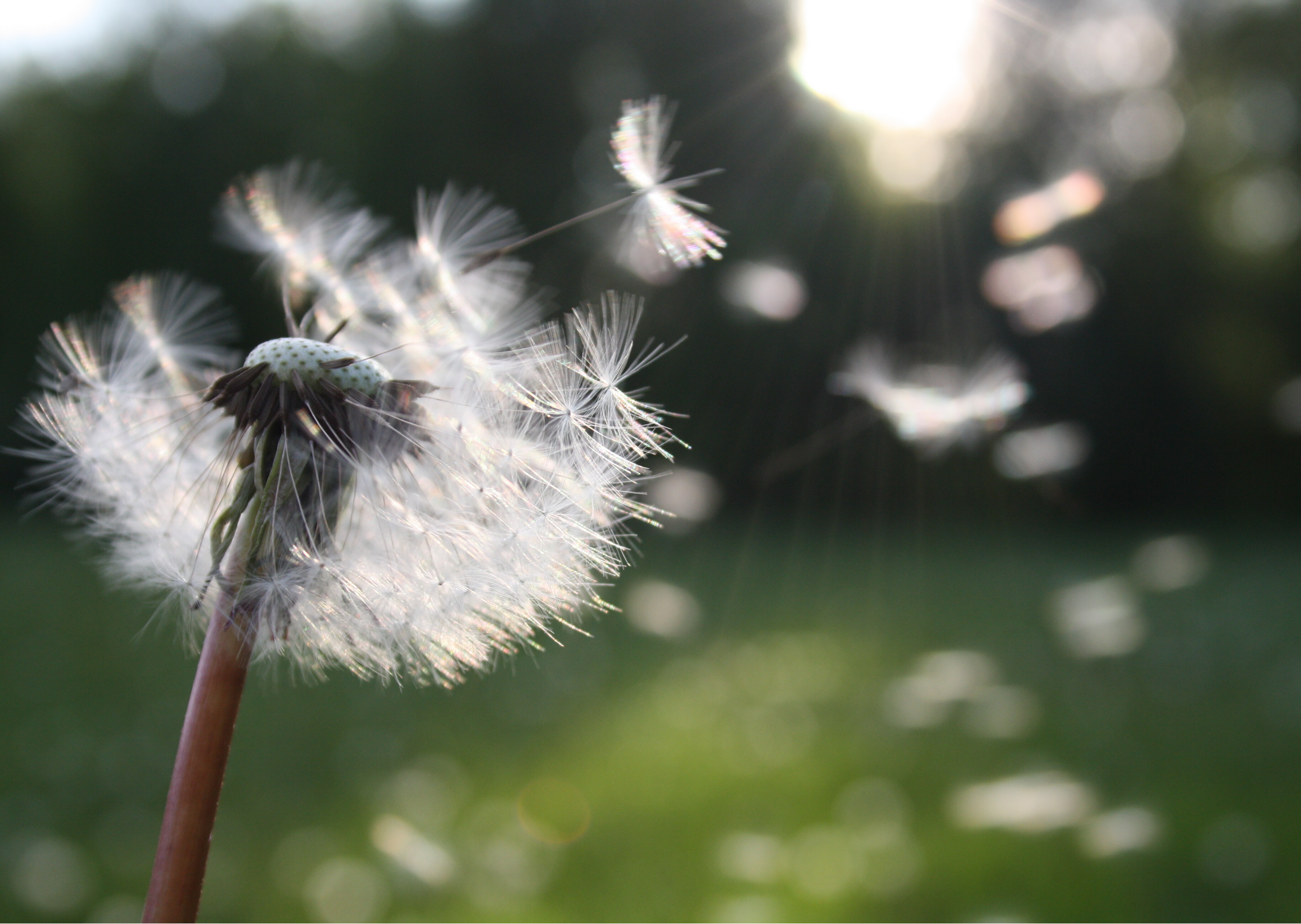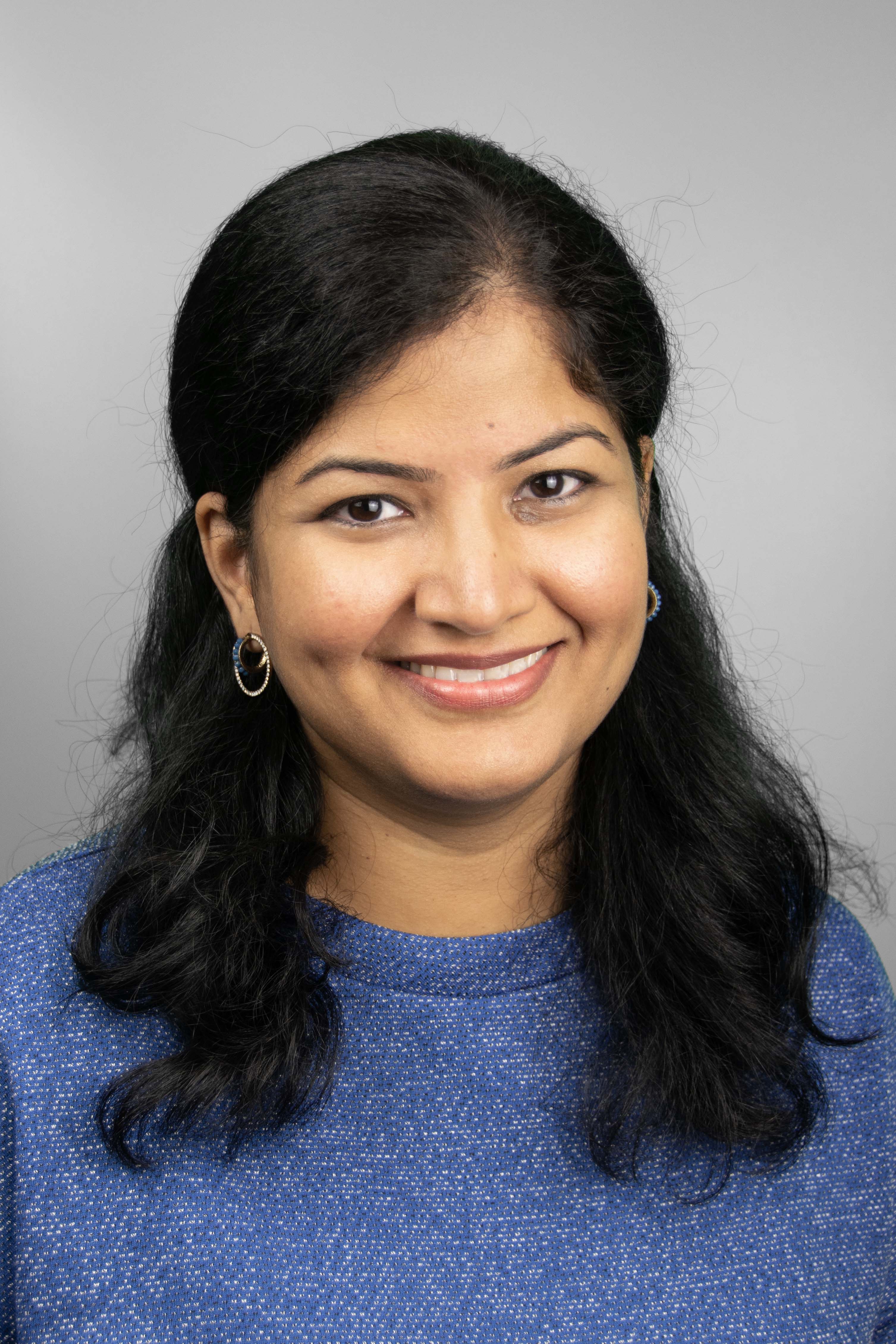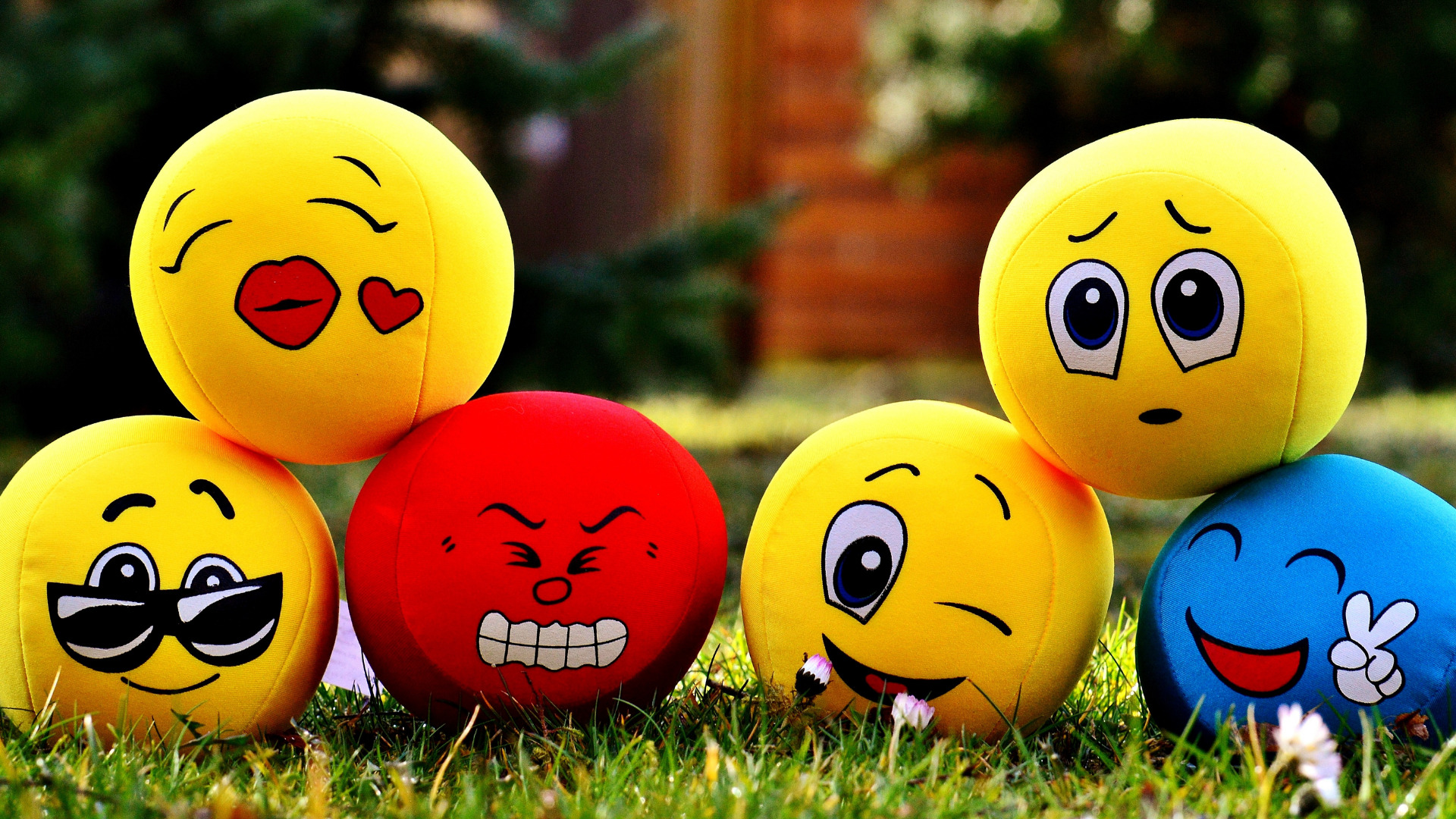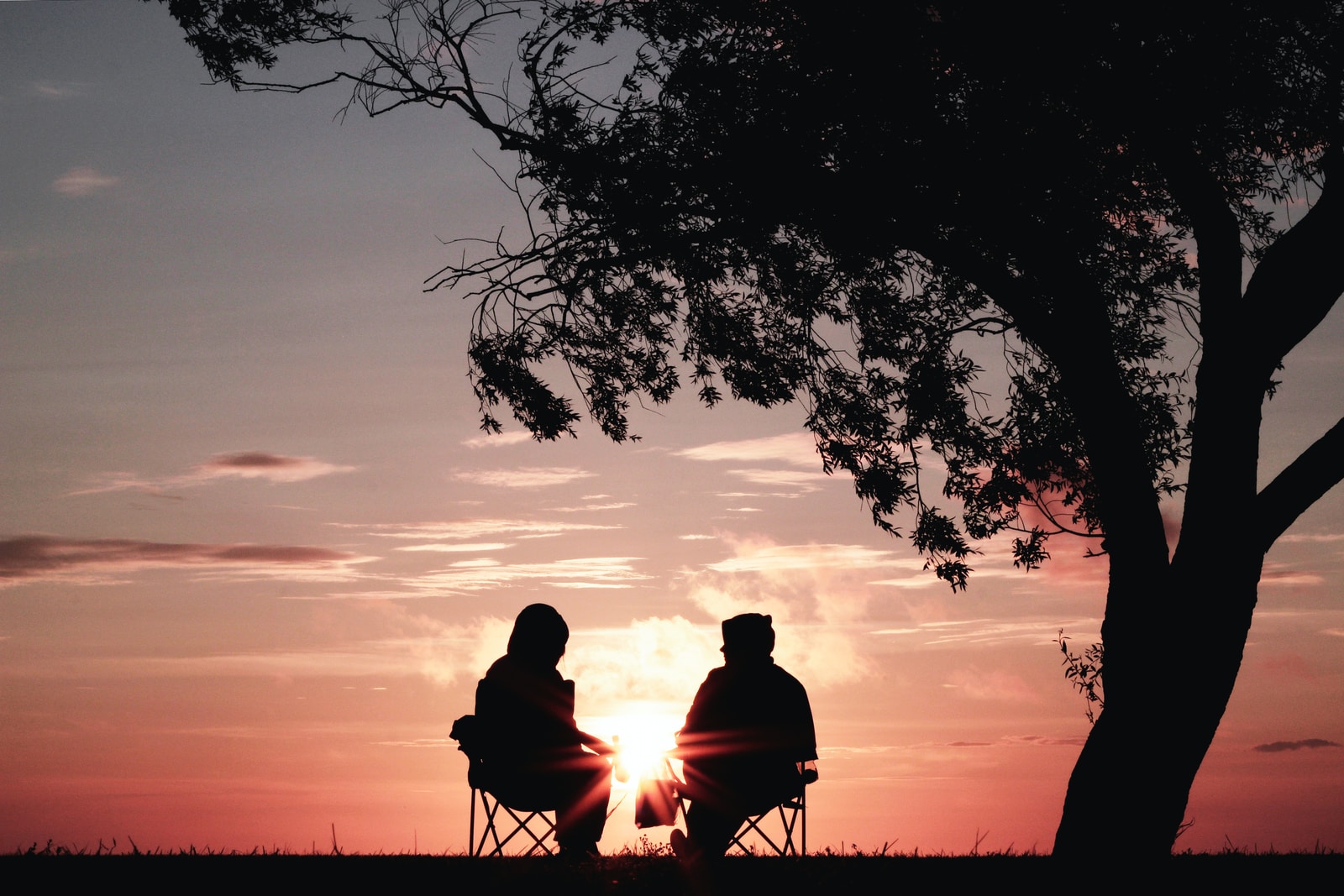I remember, at some point in my adolescent years, I had this deep desire to “be independent” and wanting to “stand on my legs.” Have you ever wished to be free and independent one day? I would like to share my experiences and insights of my dependence/independence journey.
Growing up in a heavily patriarchal society in a pre-globalised India, our family did not have cable TV (international channels) until I was a teenager. I also did not have easy access to libraries or books for that matter on non-academic topics. So, I barely had any exposure to the world.
I must have got the idea of becoming “independent” from my education system and my parents or perhaps to rebel against the aggressive patriarchy I witnessed around me.
An urge to explore myself:
The idea of independence in my mind at that time was purely financial independence. I felt pain whenever I heard this rhetoric.
“A woman is dependent on her father, then her husband and finally on her son for her survival needs. And if something goes wrong in between, you depend on your brother.”
To clarify myself here, I treasure all these four relationships in my life. I am blessed with four remarkable beings in those roles in my life who are responsible for much of who I am today. I do have a problem when I am conditioned to believe dependency is a rule rather than an option or indeed a privilege to consider.
At some point, I remember making a declaration to myself, not to depend on anyone for my survival needs. During my teens, this sparked my inner fire to be educated and be able to earn money to seek my financial independence.
It took me a lot of sweat and tears to get to my first salary, followed by a successful career. Once I reached that goal, I realized that was only the easy part!
Emotional independence:
I found the topic of dependence was more complicated when it related to emotions. I did not have an understanding of what emotional dependency was as a concept. As a result, I didn’t know how to strike a healthy balance.
Like most women, by nature and conditioning, I was a nurturer. I loved to take care of people from cooking a nice meal to comforting them at home and solving their problems. I admit: I derive genuine pleasure out of serving people.
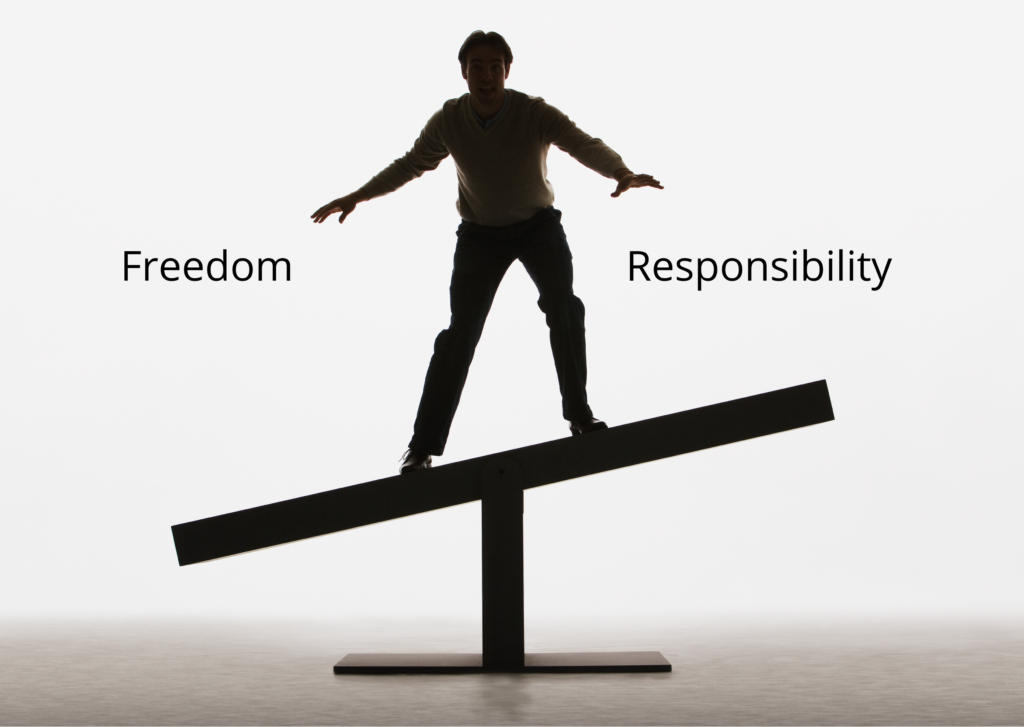
I observed that I constantly battled between my responsibilities and my freedom to find a healthy balance in relationships. When I took more duties, I invited more people into my space and that restricted personal freedom, which sometimes lead me to feel frustrated.
Similarly, when I took fewer responsibilities, I had more individual freedom to choose and use my time and resource at my will. Sometimes this led me to feel isolated.
Growing up in India, I learned the value of collectivism.
Eastern wisdom focuses heavily on “we” in family and communities. Whether it is our neighbourhood, educational institutions, religious institutions, or business institutions, I learned to be inclusive and friendly as a norm.
I was so engrained in collectivism that I couldn’t recognize myself as an individual. I couldn’t imagine myself exist without my family. I heard all the negative judgments against women, especially those who put their needs before others. I hated to get sorted in to the ‘selfish’ bucket and I willingly swore to put others needs before mine.
New land, fresh ideas, different perspectives:
When I moved to Europe and lived there for seven years, I observed a contrasting emphasis on individualism even when they had established communities that operated effectively. I saw that individuals learned to navigate the collective differently. And as a result, I observed people had very different problems from mine.
For example, my parents and parents-in-law were my active partners in caring for my children when they were young. Any decisions my husband and I took for our family, we collaborated with them. Although not demanded, I habitually got their opinion on my immediate family decisions. I did my best to incorporate their feedback.
We are integrated as one big circle of a family when it came to emotional connection. The circle represents the collective as a family, and I felt lost without being part of that circle. I asked myself how can I be independent if that means I am broken? The term didn’t really fit in with me then!
When I listened to my counterparts from various parts in Europe and the US, they also had strong family values. I saw a big difference in their approach. I visualized them as independent circles very close to each other, forming a pattern.
The circle here represents the individual and it occurred to me that it was possible to be oneself and enjoy still the communion.
With this insight, I was able to reframe a brand new image of seeing myself as a full circle and being able to form cool mandala designs with the smaller and bigger communities I was engaged!
And how beautiful the patterns would look as I get to be part of small and large communities!
How do you see yourself within the communities (family or institutions) that you engage?
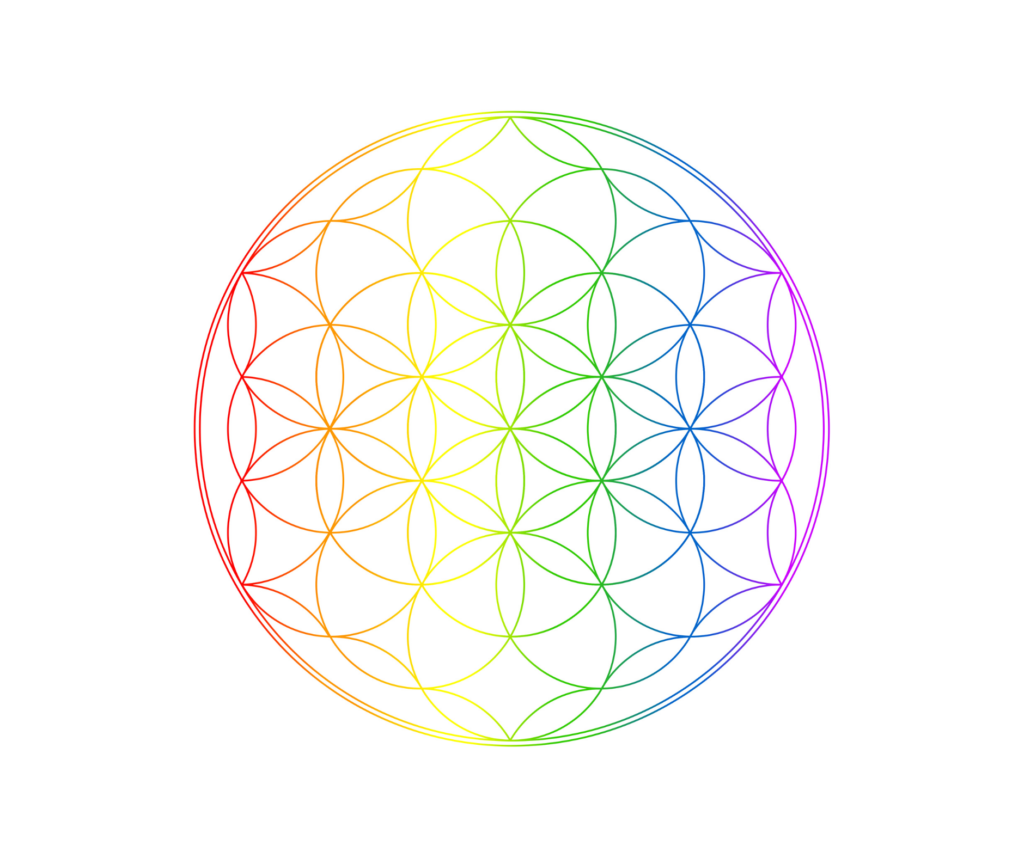
I am part of the Mandala! Feeling wholesome and complete on my own and creating more beautiful expressions with the group!
On the other hand, problems of people from cultures and families with individualistic values were often depression. I witnessed people went through rough and challenging times on their own without adequate external support yielding to depression. I wondered if their fiercely independent mindset could be the reason?
Both individualism and collectivism seem to have both pros and cons. I observed independence/ personal freedom as a critical attribute to individualism. Whereas for collectivism, dependence was a key attribute.
Learning to Balance:
Having lived in diverse cultures with different values, I learned a few things about finding my healthy balance between dependence and independence; responsibility and freedom. This balance truly opened me up for more possibilities in my life without feeling constricted. Here are what I learned:
- Exposure to different cultures with diverse values and beliefs helped me to be aware of contrasting perspectives.
- Keeping an open mindset to learn from other cultures helped me to receive the wisdom from other cultures.
- Irrespective of the conditioning I have been through during our formative years from my family, institutions or society at large, I was able to learn and refine my preferences to what works best for me.
- I found having single static mindset “I am better off by myself” or “I can’t survive without my family” does not help me as much. Instead, finding a healthy balance between the two extremes supports me well.
- I also found that this balance varies at different life stages such as childhood, adolescence, adulthood, parenthood etc.
- I have learned to recognise myself as a complete being and be grateful for my family and community that has added a lot of meaning to my life.
- I have finally learned to recognise my needs (physical, emotional, mental, spiritual) and be comfortable fulfilling those. I have learned first to not judge myself or worry much about being judged.
Your Reflections:
- Do see yourself incomplete without your family? Or do you see your family as enhancing you and your experiences? Family could also be friends or a close-knit community.
- Do you often struggle to ask or offer help? Or do you often ask or offer help? Why?
- Have you been conditioned to be independent or dependent? Have you stayed in that pattern without giving much thought to it?
- Could these reflections help you gain any insights about yourself and your relationship pattern?
- What new possibilities do you see in your life when you shift your perspectives and pattern?
If you like to explore independence more in depth, do check out this article “Can I be really independent?“
